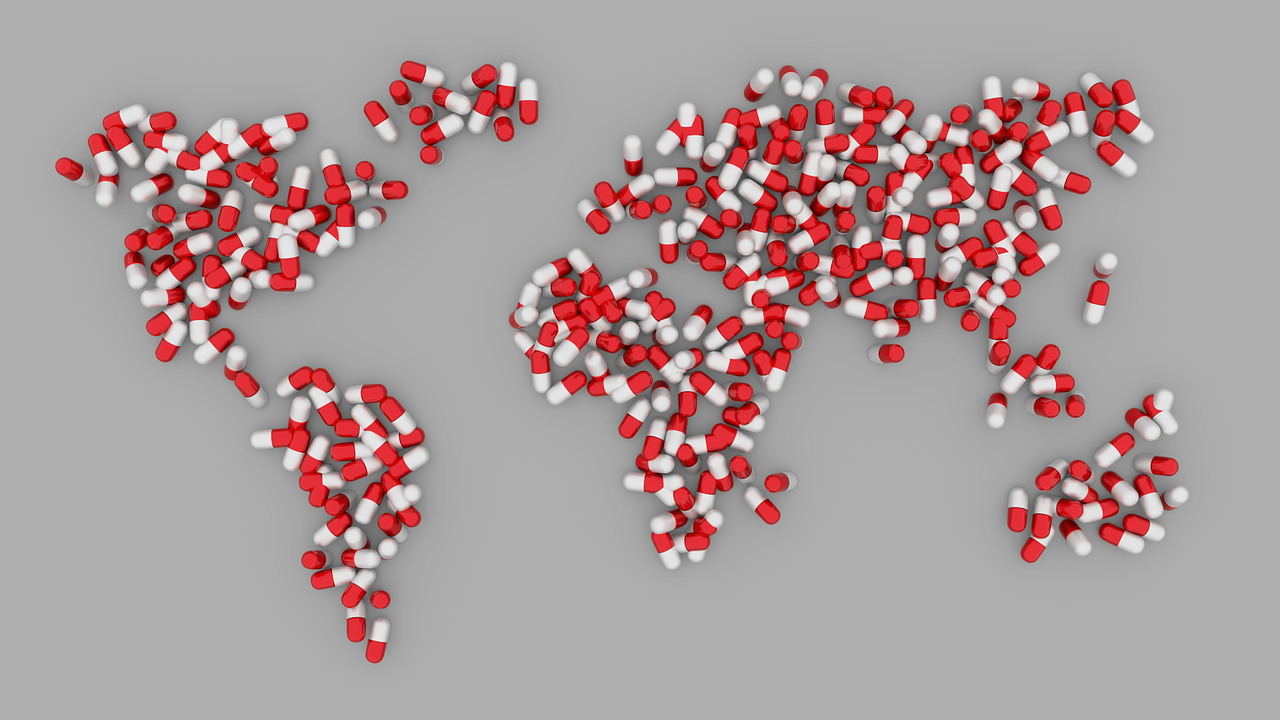The World Health Organization appears to be on the cusp of weighing in on the cannabis debate. The signs are very promising as this also may come as soon as November.
The implications could be very large for both medical and lifestyle consumers. Not to mention the industries now exploding in many countries to serve that need.
The WHO began to hear requests as early as 2015 from member countries to examine the medical efficacy of CBD. At the 2016 annual meeting, the committee set an 18-month timetable to continue evaluation of cannabis – from THC to CBD and a wide variety of delivery mechanisms – from extracts to tinctures.
It was only a matter of time before both the WHO and the UN revisited current drug policy. Particularly for cannabinoids.
But what is that new policy going to shape up to be? And what is going to be regulated as “prescription only” if not “narcotic” medication?
In fact, advocates for legalization have already organized campaigns to submit public comments before the next WHO meeting in November when it gathers in Geneva. They are doing so hoping to begin to define the debate internationally at a time when the American FDA has solicited input on CBD (along with ketamine and synthetic opioids) from the WHO. The effort is being led by the United States Hemp Roundtable, the entity behind the saveourcbd.com website collecting the comments. The comments period just closed (on September 20).
What Could This Mean For THC?
Quite a bit, actually. The whole point of this exercise is to actually broaden current public policy beyond just the “cannabis is medicine” debate. In fact, there are several countries moving in the direction of regulating CBD as medication right now. In the UK, for example, in an abrupt move last winter, the British government indicated this was well underway to the point of issuing threats about fines and penalties. Signs have also been popping up over the last 12 months that a similar campaign is currently afoot in the U.S.
Advocates behind the current WHO campaign want people to have wider access than that. In other words, not have to go to a doctor for a prescription first. Especially not for CBD.
On the CBD wellness front, this is also of course concerning many CBD producers (who often also produce hemp). Where the line is drawn between “health supplement,” “medication” and “recreational drug,” on cannabis in particular, is likely to be a battle royal at the international level for at least the next decade. However, as the cannabis revolution continues, it is remarkable to note that less than four years after Colorado’s market kicked up the game, the debate about at least one of the most common cannabinoids is now clearly on the international regulatory stage.
[Image credit- Pixabay]








